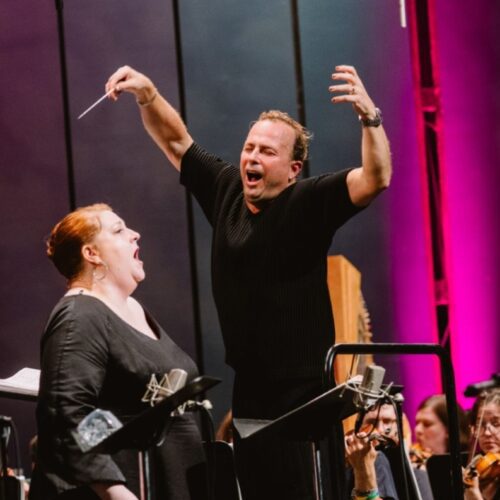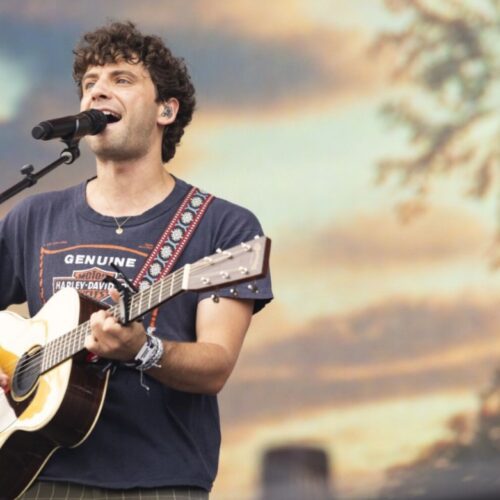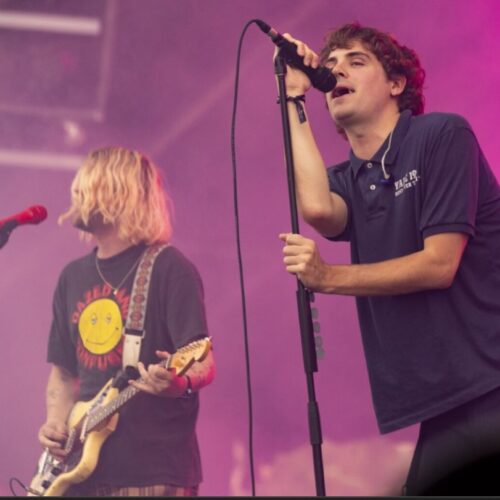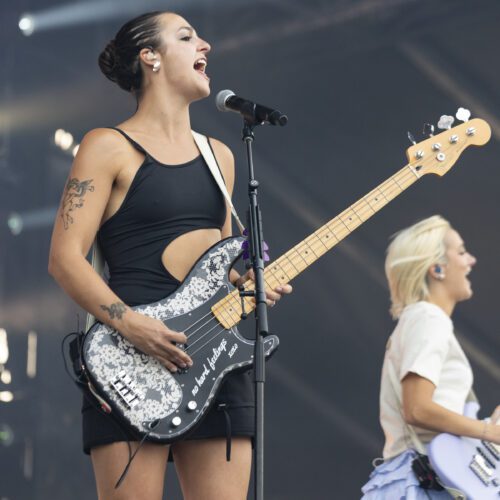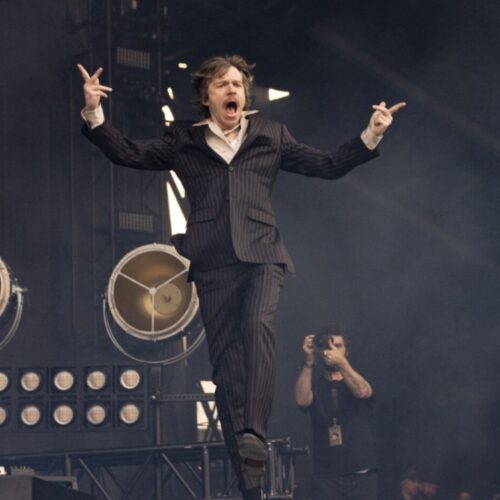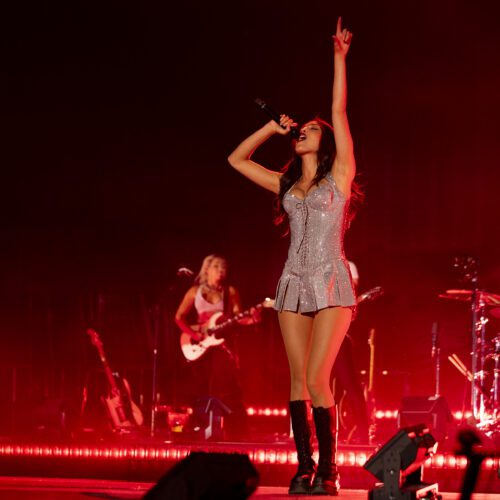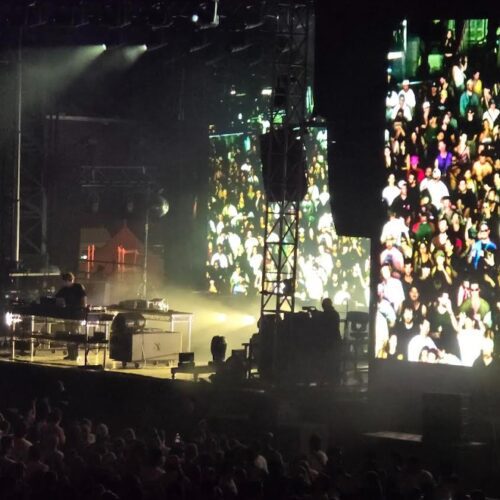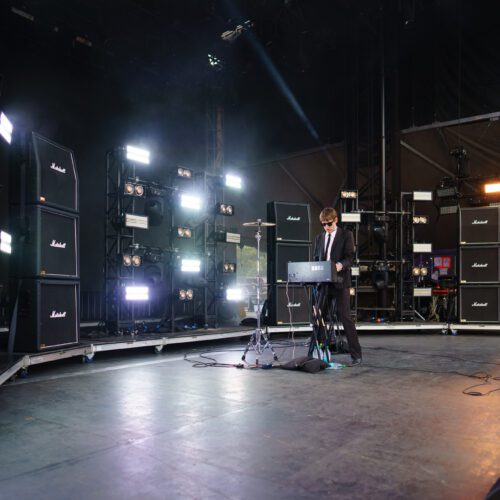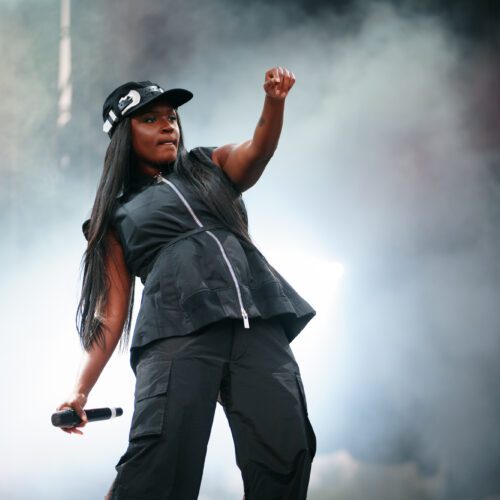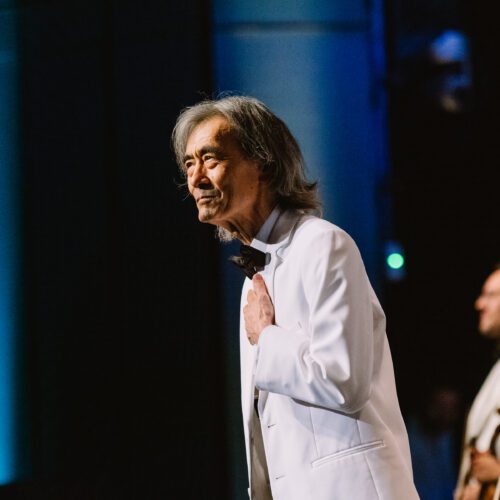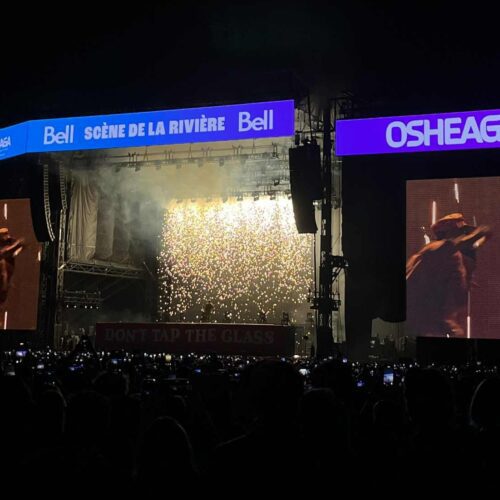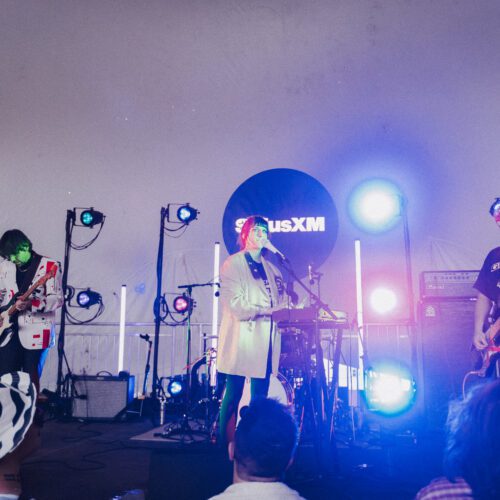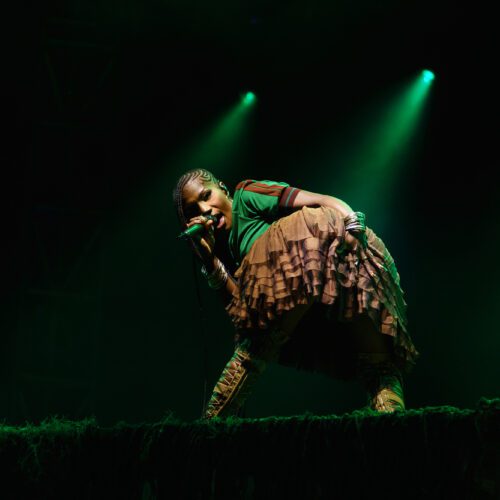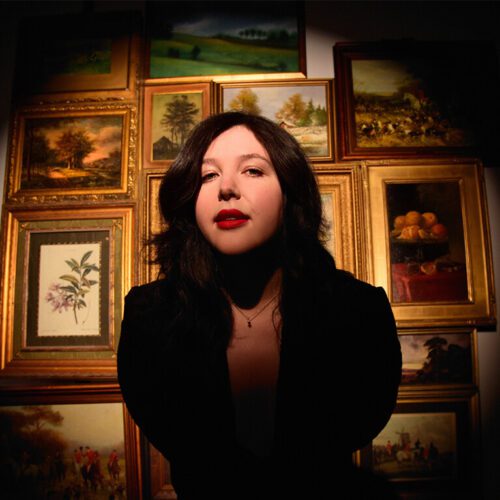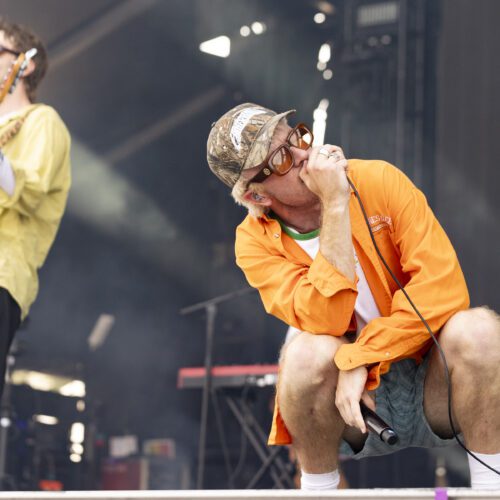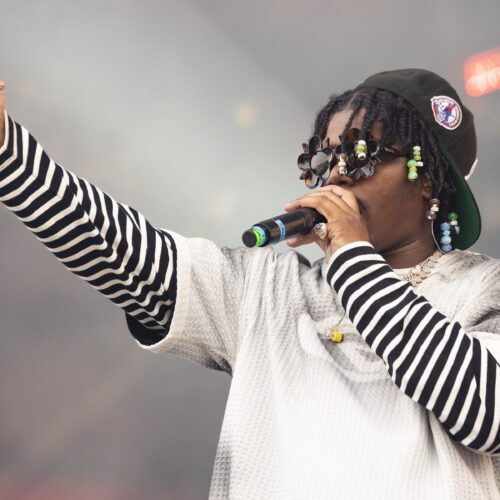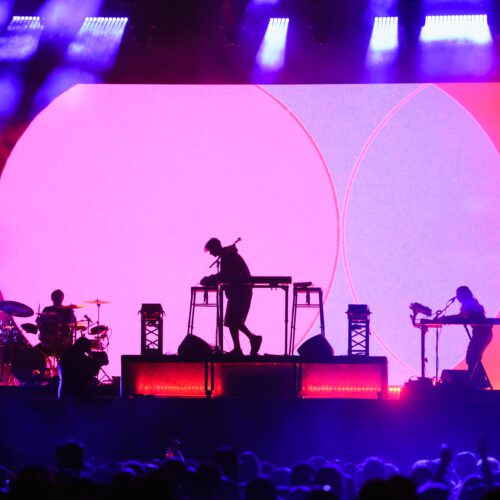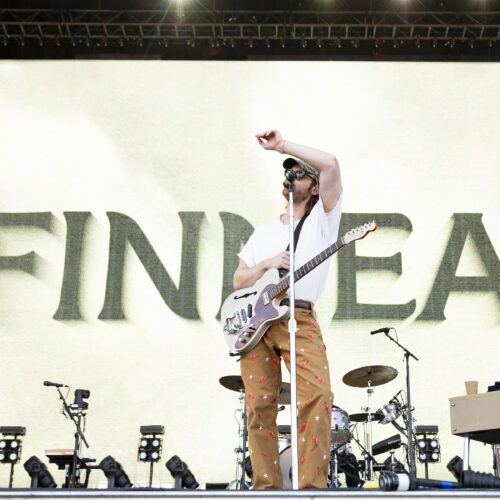The 2023 edition of the Bach Festival opened Friday evening at the Maison Symphonique with a program featuring the music of two of J.S. Bach’s sons: Johann Christian (1735-1782) and Johann Christoph Friedrich Bach (1732-1795). Little-known and little-played pages from the so-called “London Bach” and “Bückenburg Bach” respectively, the two symphonies and concertos by each composer were conducted by German conductor Reinhard Goebel, a leading and legendary specialist in the early music repertoire who made the rediscovery of this forgotten repertoire his trademark for many years with his ensemble, Musica Antiqua Köln. His presence also held a special and familiar symbolic significance for the festival, having inaugurated its very first edition eighteen years ago, as its founder and artistic director, Alexandra Scheibler, mentioned in her introduction.
The German conductor took to the stage with an energetic, playful stride, drawing the musicians of the Bach Festival Orchestra into the world of Johann Christian. In stark contrast, the Symphony in G minor No. 6 plunges the listener into a velocity of energy fueled by a breathless string base, but whose musical ideas, though dynamic, eventually fade away. Guest soloist for the evening was the excellent pianist Schaghadjeh Nosrati, who performed the Concerto in E-flat major by the same composer. Typical of the classical tripartite form, the piano and orchestral material melted together in remarkable synergy, only to separate into beautiful musical dialogues in which the interventions of each part were highlighted with elegance and energy. The multiple dynamics and nuances expressed in the first part bore the hallmarks of the galant style, characteristic of Johann Christian, and of Sturm und Drang, an aesthetic movement of the second half of the eighteenth century emphasizing greater expression of feeling.
In the second half, we were treated to works by the elder Johann Christoph Friedrich. More dense in form, the Concerto Grosso in E-flat major brings together the full orchestra, a small section of instrumentalists and the soloist in passionate dialogue. Here again, Goebel and Nosrati’s mastery of textures and dynamics in this energetic yet elegiac work is committed and solid. The mark of Sturm und Drang is also still very much present, notably in the second movement Adagio, in the minor mode, at once melancholy and dance-like, marked by passages that call to mind early Romanticism. The Symphony in B-flat major stands out for its nuanced musical ideas, its jovial, bouncy energy reminiscent of Haydn’s symphonies, its refined, colourful orchestration, and its use of melodies taken from folk songs, particularly present in the third and fourth movements.
The conductor’s knowledge and ease with this repertoire were palpable throughout the evening. Reinhard Goebel breathes, transpires and inspires every phrase, every nuance, every musical trait. He knows them like the back of his hand and demonstrated this in a direction that sometimes had more to do with musical expression than technique in the strict sense. He lived this music. In this respect, let’s salute the excellent contingent of musicians in the orchestra, who responded with energy and ardour to his commands, particularly the flutes and oboes, who offered a fine sonic presence. Despite the disappointment caused by the cancellation of Sir John Eliot Gardiner – who interrupted his professional activities following an incident with a singer last August – the stylistically coherent and well-conducted performance by Reinhard Goebel, Schaghadjeh Nosrati and the Montreal Bach Festival Orchestra, nonetheless opens this new edition of this great rendezvous of 17th and 18th-century music in Montreal in a serene and solid manner.
This opening concert will be presented at the Palais Montcalm in Quebec City on Saturday, November 18, and at the Carleton Dominion-Chalmers Centre in Ottawa on Sunday, November 19. INFO AND TICKETS HERE.


